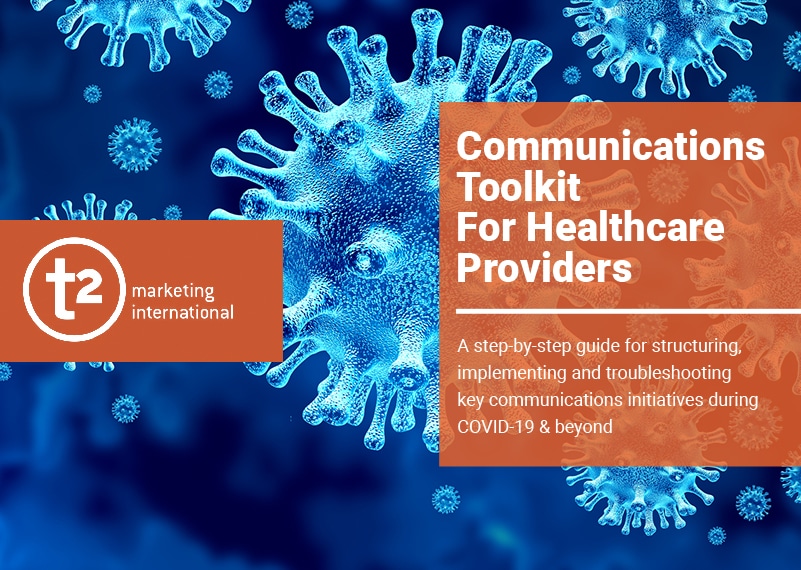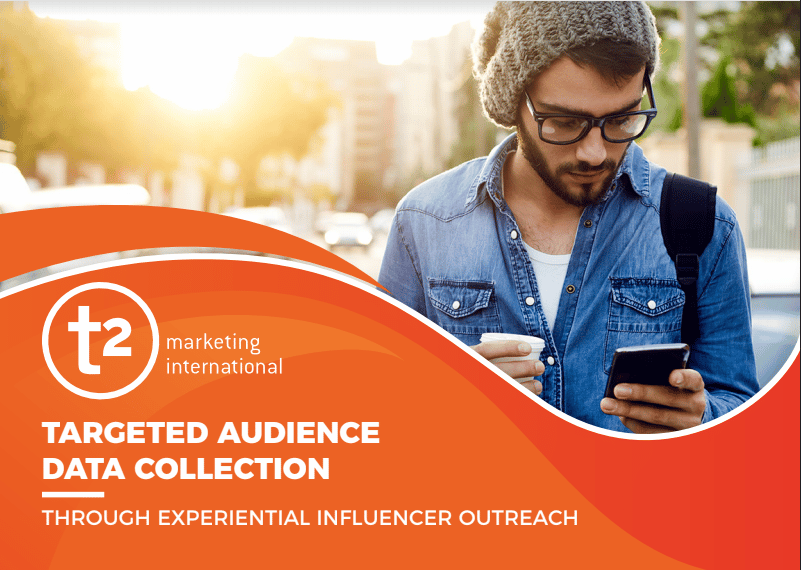Daily Minute Master Series – August 6, 2019
Social Media
TikTok Adds GIF Integration with Giphy to Add More Creative Capacity
As reported by TechCrunch, TikTok has announced a new integration with Giphy which will enable TikTok users to add animated GIFs, including GIF stickers, into their clips. That provides a whole new level of creative capacity. Giphy, it’s worth noting, also has similar integrations with Snapchat and Instagram, so it’s not entirely original. But given the popularity of TikTok, and the added potential of GIFs, it’ll no doubt see a lot of usage, and help to further boost TikTok’s trending cred. TikTok hasn’t released any official updates on its US user numbers, but third-party data shows that the app’s usage is on a significant rise, with no signs of slowing as yet. From a marketing perspective, TikTok has also, as noted, already launched a range of ad options, which may be worth considering, particularly if you’re looking to reach younger audience segments.
For the full article click here
Marketing
Microsoft acquires e-commerce advertising vendor PromoteIQ
Microsoft has acquired vendor marketing platform PromoteIQ. PromoteIQ is an automated product marketing platform that enables brand manufacturers to run sponsored ads on participating retailers’ e-commerce sites to generate visibility and revenue from those sites. The company offers analytics dashboards both retailers and advertisers to track campaign performance. Google experimented with running its product listing ads on retailer sites through a program called AdSense for Shopping. Microsoft is looking to pair its AI and machine learning technologies with PromoteIQ’s targeted ad placement capabilities and expects the integrations to be completed later this year. Additionally, it can help Microsoft Advertising address consistent calls from advertisers for more reach. Microsoft Advertising offers product ads on Bing.com, but its limited reach put its reach behind Google and Amazon. PromoteIQ’s portfolio of clients includes thousands of global brands and retailers.
For the full article click here
Google advice on improving your site’s ranking for future core ranking update
Google has posted advice on core updates, Google’s core search ranking algorithmic updates. Google does updates to its core search ranking algorithm every few months or so, the last one was the June core update. Google said what has changed is how its systems assess content overall. Google’s latest advice is similar to the advice it gave in 2011 around its Panda algorithm: “We suggest focusing on ensuring you’re offering the best content you can. That’s what our algorithms seek to reward.” Like many SEOs have said over the past couple of years, you should read the search quality raters guidelines, which has moved locations and focus on the EAT sections. EAT stand for Expertise, Authoritativeness and Trustworthiness. “Reading the guidelines may help you assess how your content is doing from an E-A-T perspective and improvements to consider, “Google said.
For the full article click here
Review counts matter more to local business revenue than star ratings, according to study
Small business SaaS provider Womply has released a large-scale study showing a strong connection between reputation management and revenue across multiple industries. In performing its analysis, Womply looked at reviews and transactions data “for more than 200,000 U.S. small businesses in every state and across dozens of industries, including restaurants, salons, auto shops, medical and dental offices, retailers, and more.” Womply was able to connect review and presence management best practices with revenue outcomes. Claiming listings on key sites like Google My Business enables consumers to find and engage with businesses more readily. Another “no-surprise” finding is that consumers appear more inclined to buy from businesses that respond to online reviews. This may be because they assume those responding to reviews offer better service. But the company found that businesses in the 3.5 to 4.5 star range had more average revenue than those below or above, including businesses with 5-star ratings. Businesses that already “get it” are going to outperform those that don’t, in part because they’re probably better run. And these businesses are more likely to pursue and execute local SEO tactics effectively: claim and populate your profile on key sites (e.g., GMB, Yelp), respond to reviews, and have a program in place that generates a steady stream of reviews in an ethical way.
For the full article click here





